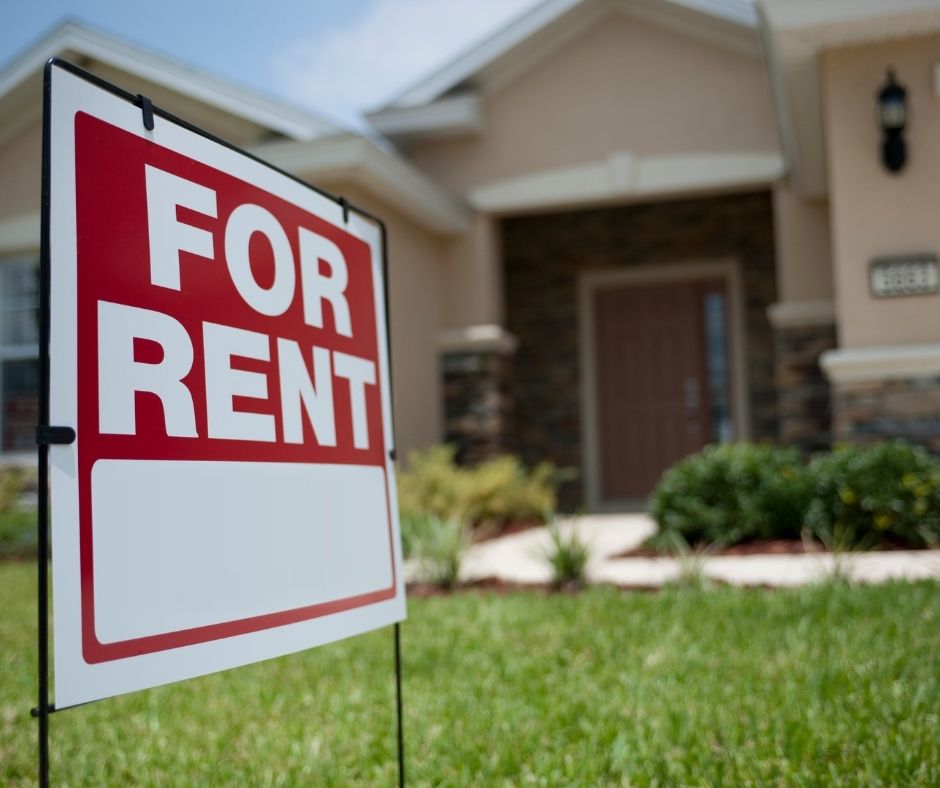On March 30, 2022, Governor Ducey signed SB1168: VACATION RENTALS; SHORT-TERM RENTALS; ENFORCEMENT; HOAs into law which amends the Condominium Act and Planned Communities Act (A.R.S. Section 9-500.39 and 11-269.17, Repealing Section 42-1125.02, Section 42-5042, Relating to Vacation Rentals and Short-Term Rentals). This new law applies to planned communities and condominiums and will become effective on September 24, 2022. Set forth below is Mulcahy Law Firm, P.C.’s easy to understand explanation of the new law. Please contact Mulcahy Law Firm, P.C. with questions related to this new law.
This bill sets forth the ways in which a city or town may regulate vacation or short-term rentals as follows:
-
- To require the owner of a vacation or short-term rental to provide emergency contact information for the owner who is responsible for responding to complaints or emergencies. The city or town may impose a penalty of up to $1,000 against the owner for every thirty (30) days they fail to provide the contact information.
- To require the owner to obtain and maintain a local regulatory permit or license pursuant to Title 9, Chapter 7, Article 4.
- To require, before offering a vacation or short-term rental for rent for the first time, the owner must notify all single-family residential properties adjacent to, directly and diagonally across the street from the property.
- To require the owner of the property to display the local regulatory permit number or license number, if any, on each advertisement for the vacation or short-term rental property the owner maintains.
- To require the vacation rental or short-term rental to maintain appropriate liability insurance to cover the vacation or short-term rental in the aggregate of at least $500,000 or to advertise and offer each rental through an online lodging marketplace that provides equal or greater coverage.
This bill also states that a city or town may deny issuance of a permit or license for a rental property only for any of the following reasons:
-
-
- Failure to provide the required information
- Failure to pay the required permit or license fee
- At the time of the application, the owner has a suspended permit or license for the same vacation or short-term rental
- The applicant provides false information
- The owner is a registered sex offender or has been convicted of any serious felony in the last five years
-
A city or town that requires a local regulatory permit or license must adopt an ordinance to allow the city or town to initiate an administrative process to suspend a permit or license for a period of up to twelve (12) months if three minor or one significant verified violations occur.

